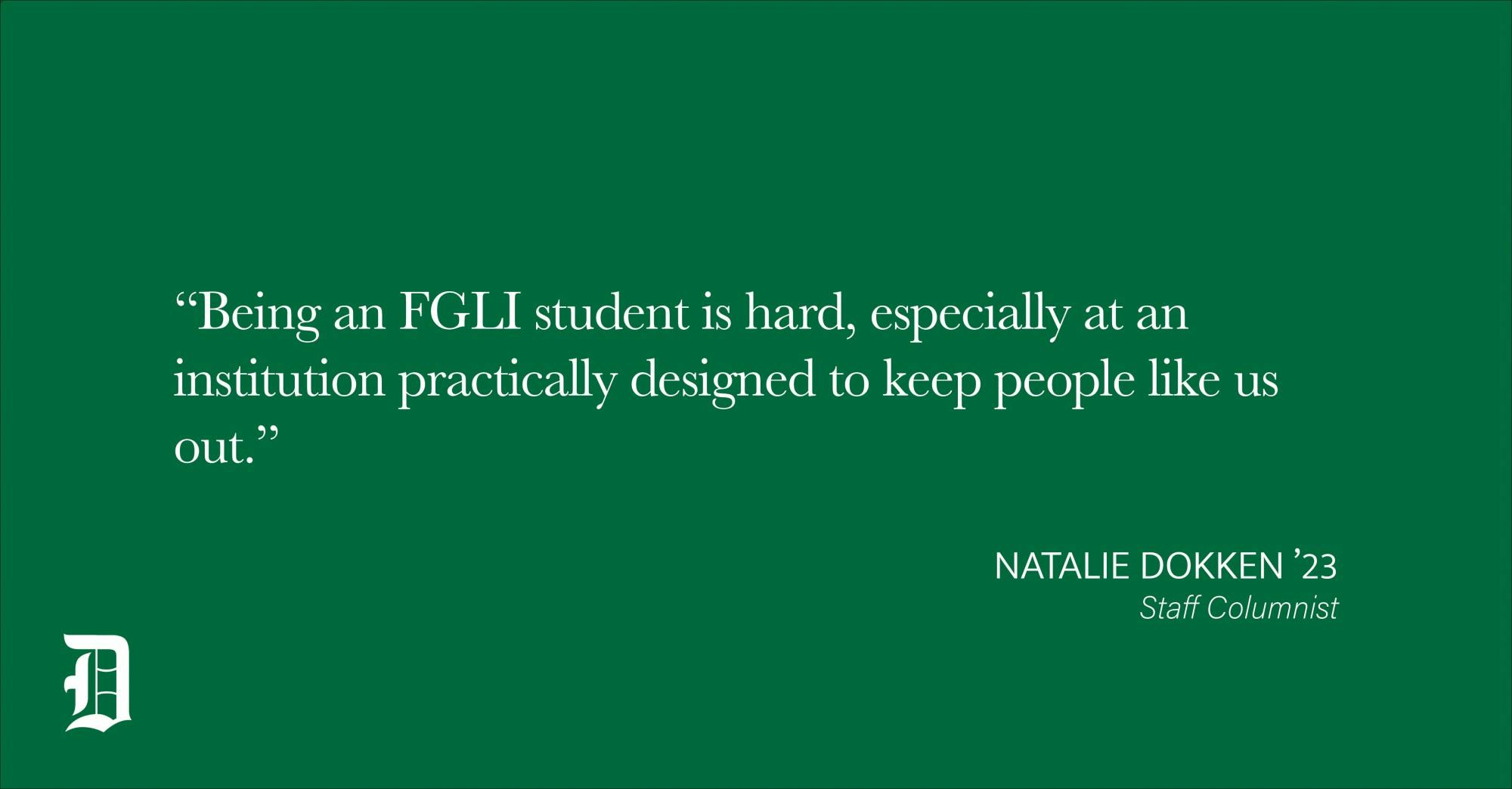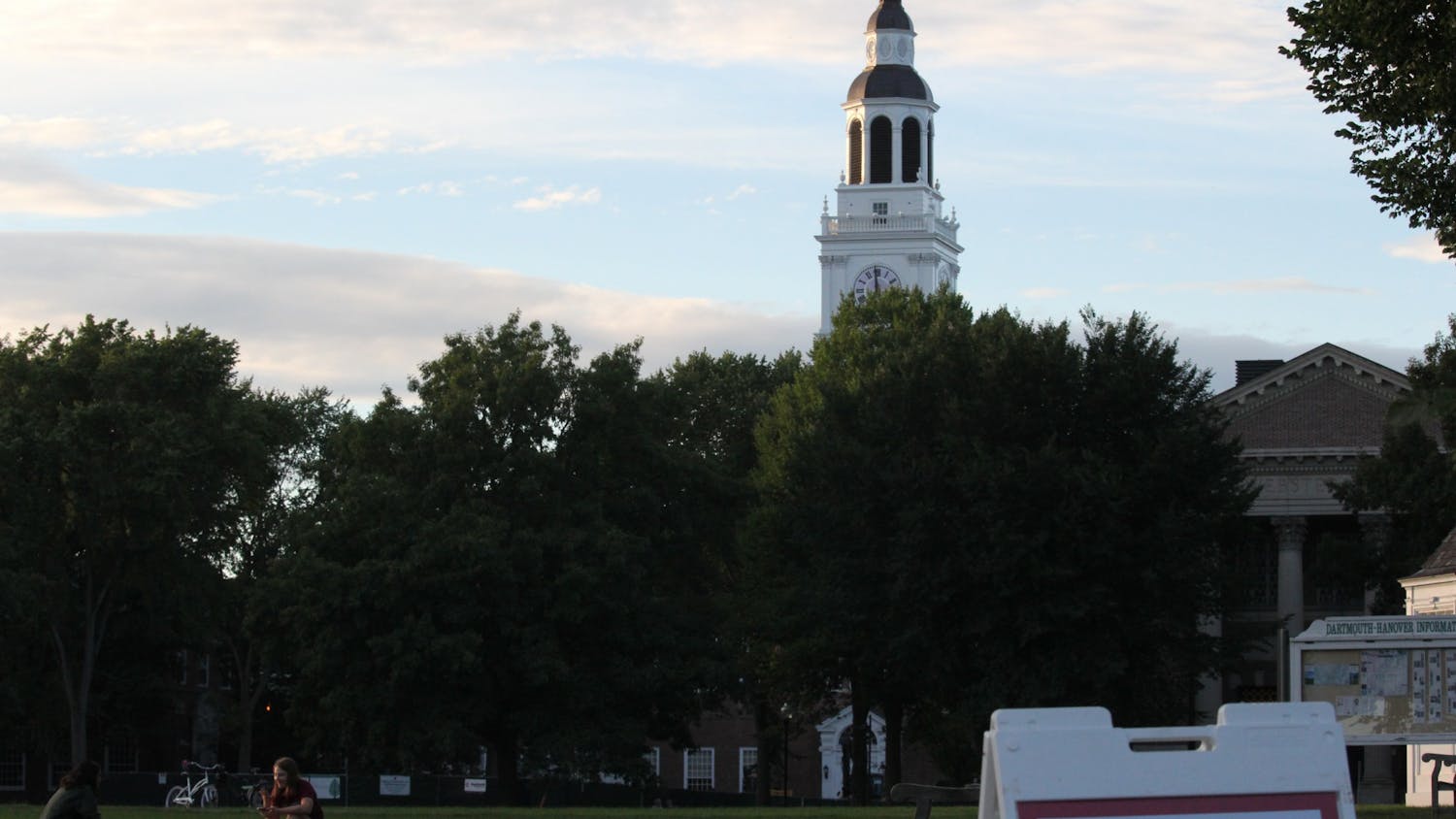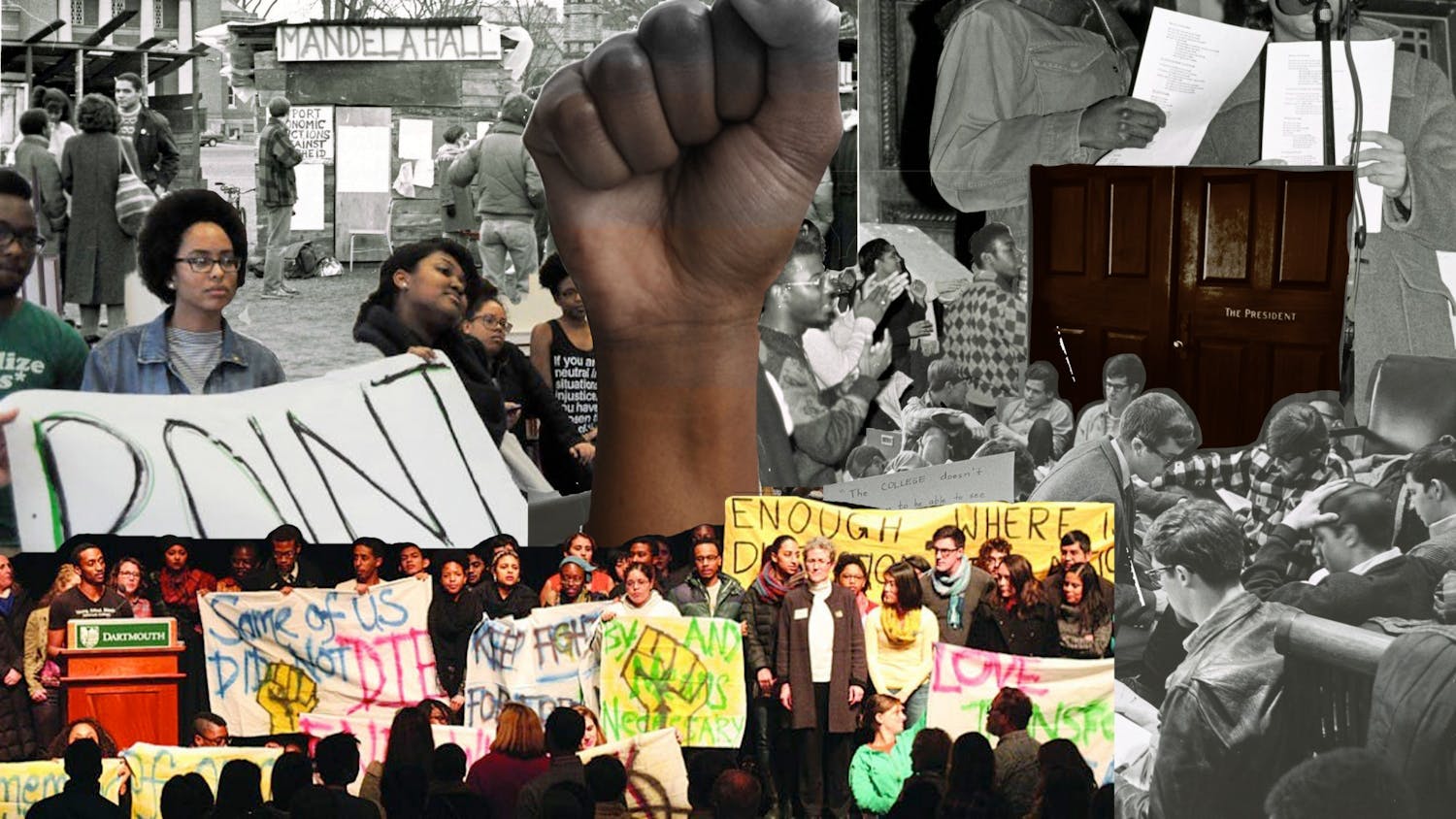This column is featured in the 2020 Freshman special issue.
Coming into Dartmouth, I understood that my perspective on privilege was going to be tested as I, a first-generation, low-income — or FGLI — student, became a student at an Ivy League school. However, I was naive in my assessment of the extent of the disparity in socioeconomic privilege on campus. While I expected to encounter the stereotypical “trust-fund” kid here and there, I did not expect it to be the baseline. Never in my life had I been in an environment where having a few hundred dollars to my name as a mere 18-year-old was abnormal.
While I tried to ignore the omnipresence of wealth on campus and convince myself that it didn’t matter, the reality of the situation was that it did. The wealth of my peers meant they were able to attend some of the best high schools in America. It meant that the time I spent applying to jobs and working, they were able to spend studying or joining a new club. It meant that when they struggled with a homework assignment or essay, they could simply call up their parents and ask them to help out, while I had to figure it out myself.
I spent a lot of my freshman year questioning why Dartmouth thought I would succeed, since at the time it didn’t seem like I was. My freshman fall, I got the worst grades of my life, even though I had studied more than ever before. Meanwhile, I felt a constant pang of guilt for leaving my mom to deal with everything at home. I was angry that all the hard work I had done in high school wasn’t good enough to prepare me for Dartmouth. I was angry that I actually thought I was smart enough to succeed at Dartmouth. I was angry that I chose to leave my mom behind only to fail. In short, I had a lot of anger and guilt and didn’t know what to do about it.
These thoughts and feelings of inadequacy, anger and guilt are also something that wealthier students don’t have to deal with. The emotional labor done by FGLI students in order to convince ourselves that we belong on campus and that we deserve to be there regardless of our performance is a phenomenon that both impacts and is impacted by our academic performance. Of course, imposter syndrome is not always the result of our performance but also stems from the notion held by other members of the Dartmouth community that FGLI students are only admitted because we are FGLI, and not because we are smart or deserving of our spot. This means that, while bad performance may enhance our imposter syndrome, it isn’t necessarily the root cause of it.
I spent my winter term stuck in a position not too different than the one I was in my freshman fall. While I got better grades, became involved in more extracurriculars and made some great memories, I still felt like it wasn’t enough. I still felt like I was throwing away an amazing opportunity because I wasn’t necessarily excelling in or excited by anything I was doing. By the time I finished winter term, I knew I needed to do something different. So I did everything differently. Instead of taking biology and chemistry classes, I signed up for a queer cinema class and a programming class and also applied to be an opinion writer for The Dartmouth.
These turned out to be some of the best decisions I have made during my time at Dartmouth so far. In my queer cinema class, I gained a better understanding of my own identity as a queer woman. In my computer science class, I realized that I had the capacity to succeed in STEM and, in the process, found a new major that actually made me happy. Through writing for the opinion section, I found a way to speak out about topics that mattered to me while doing something I love. While I still feel elements of imposter syndrome from time to time, I feel much more confident in my ability to succeed at Dartmouth.
I bring up imposter syndrome and the challenges I have faced within the past year not to justify my shortcomings, but to highlight a very relevant issue that many FGLI students face. I am certain that many of you incoming freshmen are reading this and thinking to yourself that you will never be like me. And, while I hope that you aren’t, that you have an easier transition to Dartmouth than I did, I wanted to discuss the struggles I faced in the hope that, if you do encounter similar issues, you respond differently than I did.
Being an FGLI student is hard, especially at an institution practically designed to keep people like us out. For many of us, the road to admission at an elite university is complicated by our home situation and the underfunded high schools we attend, which have limited access to the college prep resources and classes that are necessary to be a competitive applicant. Therefore, the fact that we are even able to successfully fulfill the requirements for the application is in and of itself an achievement. Our struggles, however, do not end there.
Dartmouth is academically rigorous, and many of the obstacles we face at home follow us all the way to Hanover. From having to pay bills back home, to working several on-campus jobs, to having other familial responsibilities, it often feels like there are two different realities being experienced on campus.
With that being said, Dartmouth is a place that you will call home for the next four years, and it’s important that you acknowledge the challenges that lie ahead of you without psyching yourself out in the process. As I am sure you have already heard a million times, you were admitted for a reason. One bad term or even one bad year won’t define whether or not you can become a doctor or whether you will get into a good graduate school. College is about learning both in and out of the classroom. Be patient with yourselves and trust the process.




